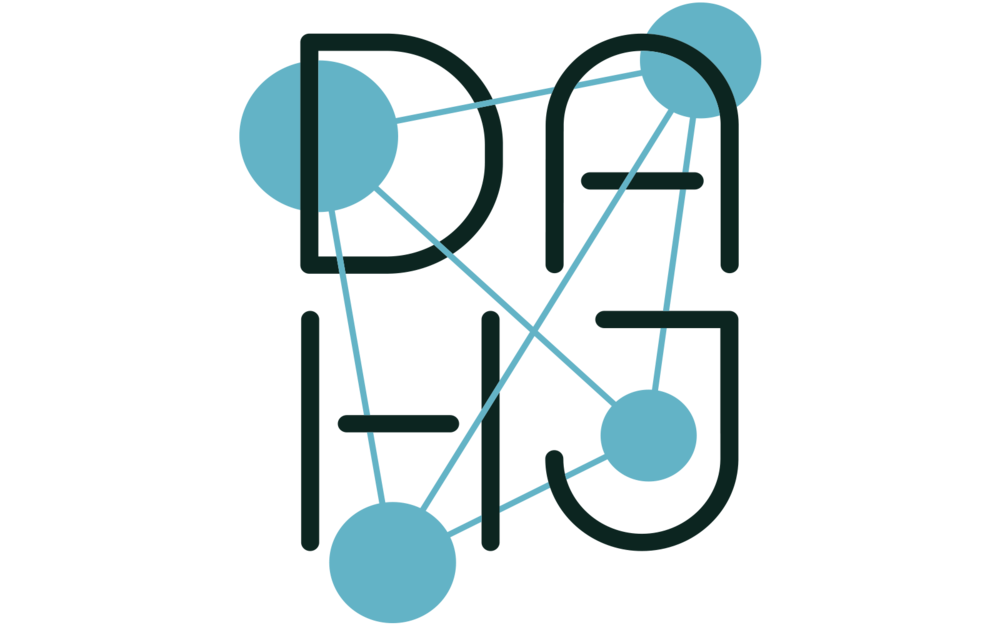Abstract
The technological progress of the past decades has had a transformative effect on both cultural institutions and academic research. It is generally accepted that mass digitization projects led by museums, libraries and archives have allowed institutions to reach new audiences and increase the impact of their collections, while the emergence of digital libraries and other types of digital resources has opened up new opportunities for scholars in terms of accessing diverse types of information. Yet, our knowledge of the impact of these resources on the scholarly workflow beyond the stage of discovery remains limited; this paper argues for the importance of understanding user behavior and needs for building digital resources that have a positive effect on the whole scholarly workflow. By employing an ethnographic approach to the study of art historians’ habits we developed a sound understanding of the effect that digitization and digital resource design can have on scholars’ work, from the seeking of the information to the construction of the research argument. The complex information behavior of art historians and the challenges they often face when interacting with digital resources make them a great example to demonstrate the impact that these can have on the research process.
DOI: https://doi.org/10.11588/dah.2019.4.52795
Authors
Christina Kamposiori
holds a PhD in Digital Humanities from University College London. Her thesis focused on the information practices and needs of art historians in the digital age. For the past three years, she has been the Executive Programme Officer at Research Libraries UK (RLUK). She has previously worked as a Research and Teaching Assistant and Tutor at the UCL Faculty of Arts & Humanities and been a member of the AHRC funded project ‘New Media, Audiences and Affective Experiences’.
Simon Mahony
is Professor and Director of the UCL Centre for Digital Humanities and Professorial Teaching Fellow in Digital Humanities at the Department of Information Studies, University College London (UCL). He has lectured extensively and published widely on education and pedagogy in the developing field of Digital Humanities. His other research interests are in the application of new technologies to the study of the ancient world, using new web-based mechanisms and digital resources to build and sustain learning communities, collaborative and innovative working. He is also active in the field of distance learning and is a member of the University of London’s Centre for Distance Education with an interest in the development of educational practice and the use of new tools to facilitate this. He is chair of the New UCL Open Education Special Interest Group and on the Project Management Team and a member of the Project Board for the UCL Open Educational Resources (OER) Repository.
Claire Warwick
is a Professor of Digital Humanities in the Department of English at Durham University, where she was Pro-Vice-Chancellor: Research from 2014-2019. She was previously Head of UCL Department of Information Studies, Director of the UCL Centre for Digital Humanities, and Vice-Dean: Research of the Faculty of Arts and Humanities. Her PhD, from Cambridge, was in English Literature, followed by a postdoctoral position at Oxford University’s Humanities Computing Unit and Faculty of English, lectureship at Sheffield University’s iSchool. Her research is concerned with the use of digital resources, including social media, in the humanities and cultural heritage; in digital reading; and in how physical and digital information spaces are used. She has been a member of several advisory boards for digital projects and of external research reviews, most recently chairing the arts and humanities panel at the University of Helsinki. She is a panel member and mentor for UKRI Future Leaders Fellowships.

